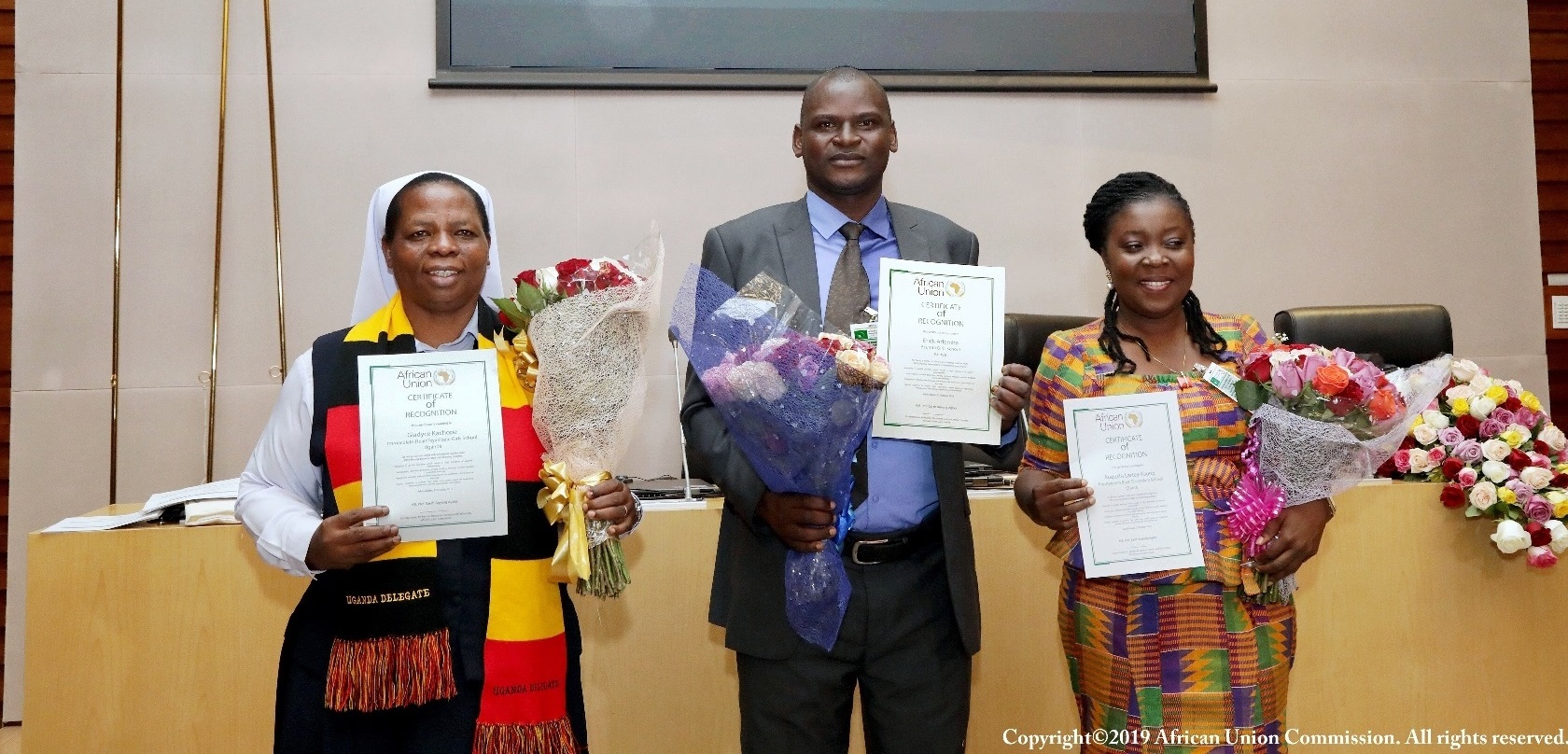Title of Innovation: Kytabu
Year of implementation: 2014
Website: www.kytabu.africa
Implemented by: Kytabu Inc.
Country/Countries where the Innovation is being implemented: Kenya
Problem being solved
One of the biggest challenges in education is access to affordable, relevant textbooks in a convenient and timely manner. This is more often due to the distribution challenges Kenya faces, but also because most families cannot afford all the required textbooks a child needs at the beginning of the school term as required. Most students end up sharing textbooks in class or just listen to the teachers and have no reference points for revision or assignments once the class is finished. This lack of learning resource has been at the heart of low numeracy and literacy levels in most schools accroos Kenya.
Description of innovation
Kytabu is a mobile application containing all the books required for students in primary and secondary school in the Kenyan education system. Using a tablet or smart phone, any student anywhere can easily download the free app, select the books they would like to use, download them to their device, and rent the book for as little as $0.01 a day. With Kenya having a mobile phone penetration of more than 70% and a government program that put more than one (1) million tablets in low income schools, access to devices has been drastically reduced. This means that the Kytabu application has the potential to help more than 1 million students access all the learning reasources they would need affordable, conveniently and in anyt price range they are able to manage. Renting content as opposed to buying it outright reduces the pressure for parents, increases the accessibility for students and schools, removes constraints on teachers as the sole source of learning material and gives valuable insights to publishers and the government on the use of learning content by students.
Outcomes and Impact
Providing access to the learning content students need in the areas we have been adopted has increased the number of students that have books, amount of time the students engage with the content and each other on learning, the various forms of content they engage with (they have access to audiobooks, videos and interactive exams on the app) and all this has improved their overall learning experience and performance in school. Giving student both the content and platform to driver their own leaning experience empowers them to take ownership of their learning trajectory and this improves as more students get on Kytabu and collaborate.
Potential to be scaled and replicated
Because Kytabu is a mobile application, it can be scaled exponentially countrywide through the partnership of private sector stakeholders such as mobile service providers. To move from one country to another, Kytabu as a platform would only need to partner with the local country publishers to add their content to the platform for digital distribution. Instantly, the application can them move from Kenya to Tanzania, Uganda, Rwanda and even Francophone countries where the content is available in digital format. The growth of mobile phone access and mobile payments has given apps like Kytabu the framework to scale exponentially.

















